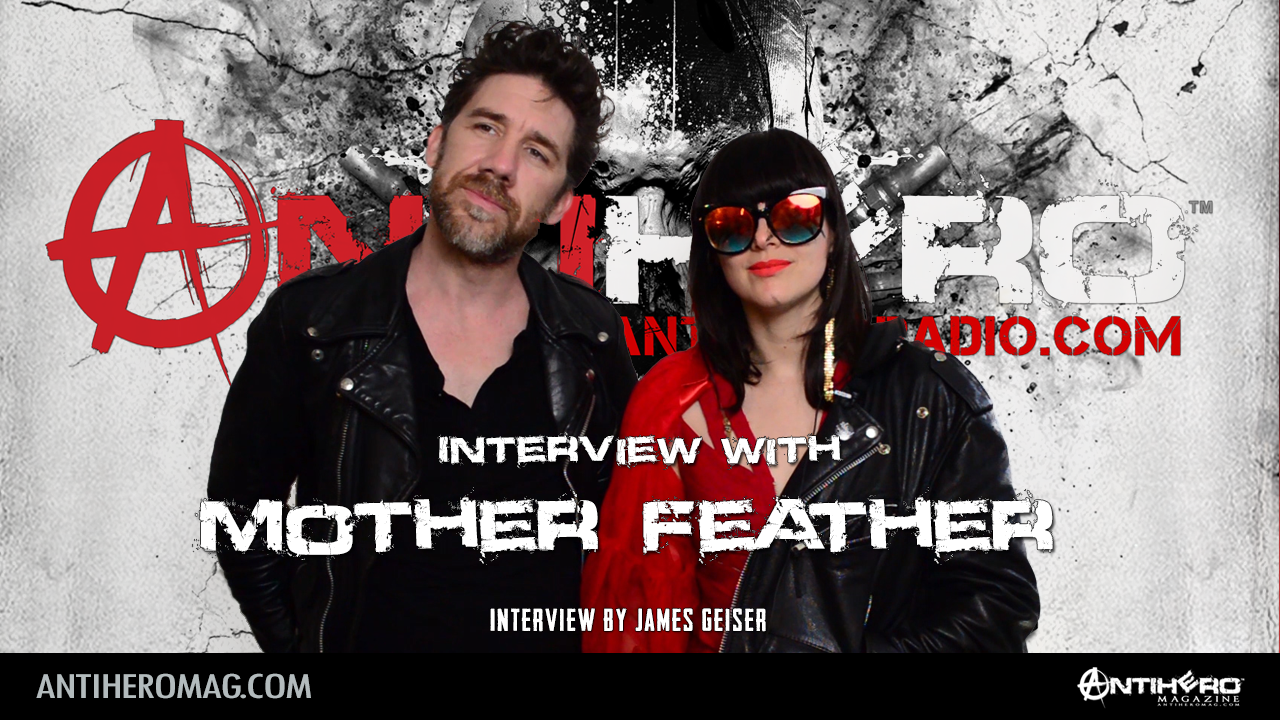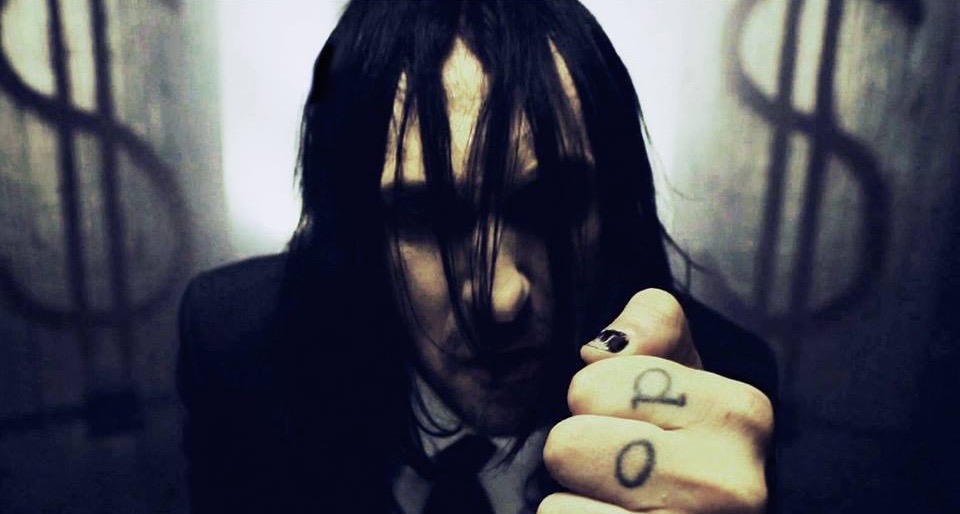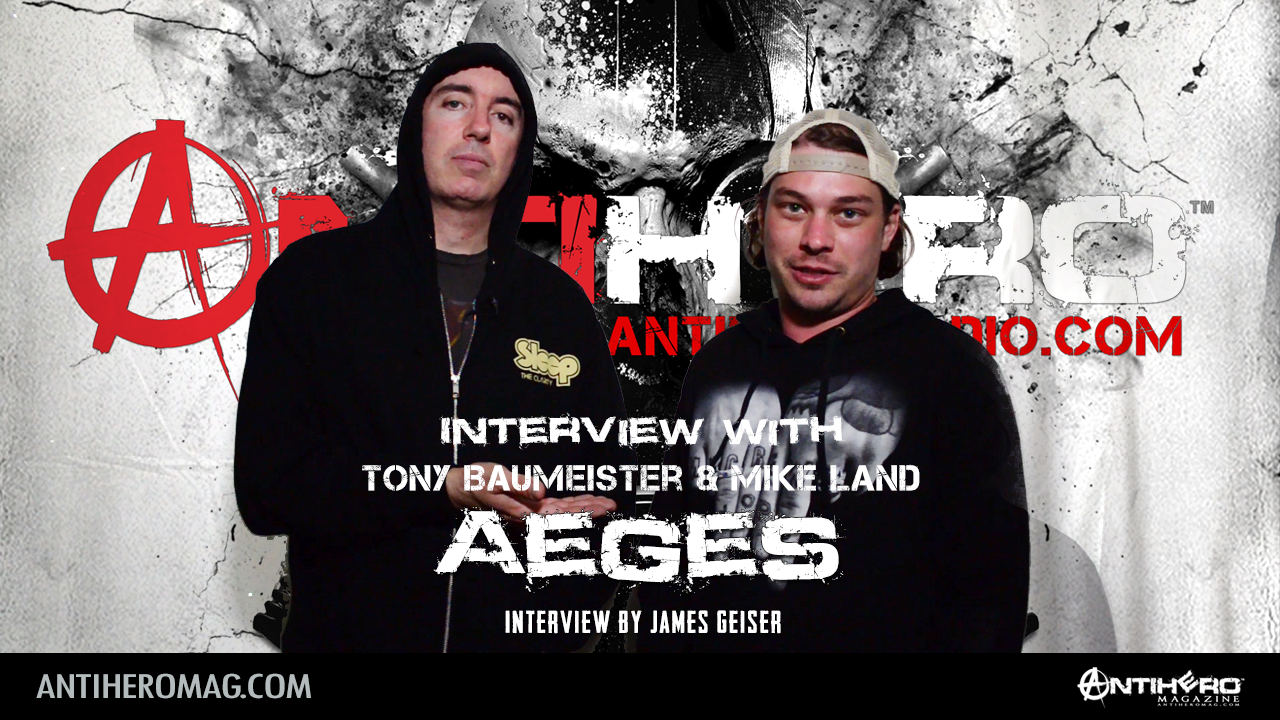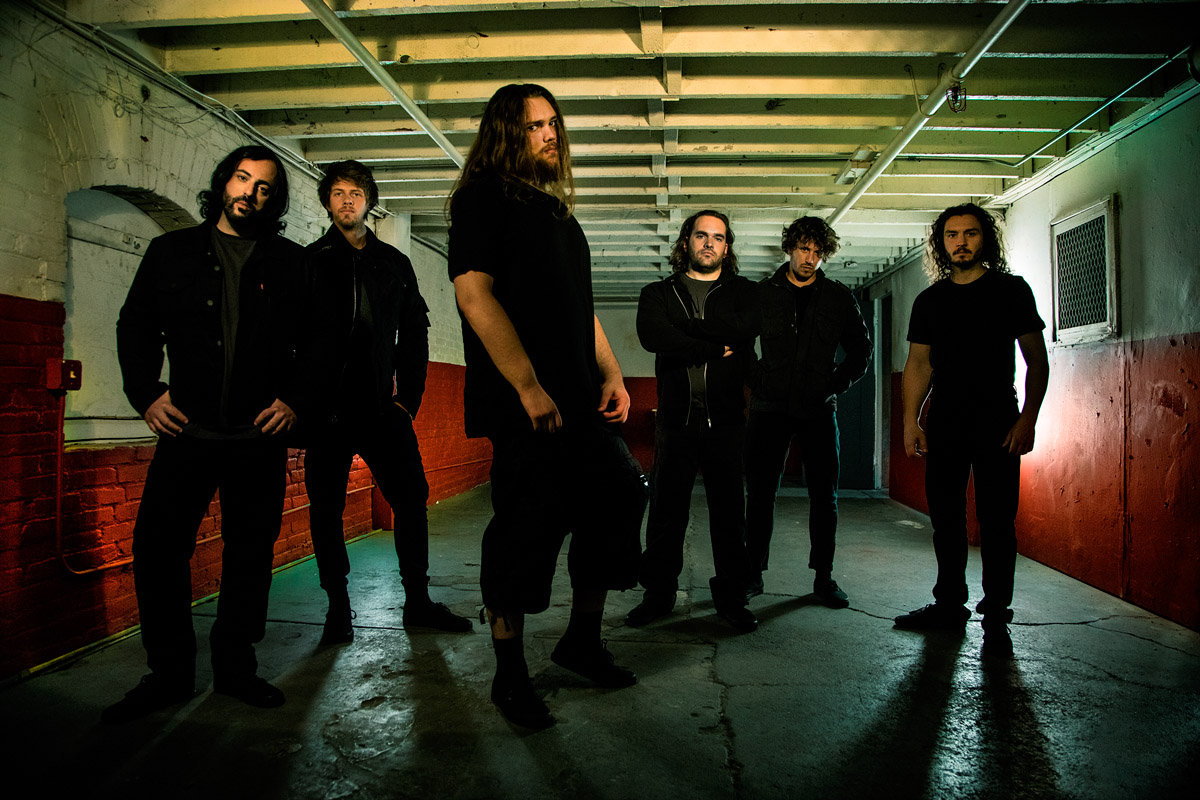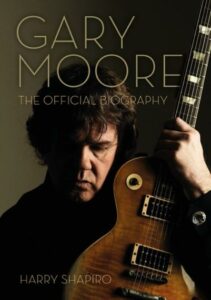 Gary Moore delighted entire generations with his passionate guitar playing, from the driving rock of Thin Lizzy in the 1970s to his explorations in subsequent decades of jazz fusion, heavy metal, hard rock, blues rock, and more. Throughout that time, he could be seen on the world’s biggest stages, yet the real Gary Moore was always hidden in plain sight, giving little away. Now, however, through extensive and revealing interviews with family members, friends, and fellow musicians—including Ian Paice, Sharon Osbourne, Greg Lake, Glenn Hughes and members of Thin Lizzy—acclaimed rock biographer Harry Shapiro is able to take readers right to the heart of Gary’s life and career.
Gary Moore delighted entire generations with his passionate guitar playing, from the driving rock of Thin Lizzy in the 1970s to his explorations in subsequent decades of jazz fusion, heavy metal, hard rock, blues rock, and more. Throughout that time, he could be seen on the world’s biggest stages, yet the real Gary Moore was always hidden in plain sight, giving little away. Now, however, through extensive and revealing interviews with family members, friends, and fellow musicians—including Ian Paice, Sharon Osbourne, Greg Lake, Glenn Hughes and members of Thin Lizzy—acclaimed rock biographer Harry Shapiro is able to take readers right to the heart of Gary’s life and career.
Despite his early death in 2011, Moore still has legions of devoted fans across the world who will be enthralled by this unique insight into the life of a guitar genius who did it his way, and whose music lives on. Beginning with Gary as a teenage guitar prodigy in war-torn Ireland and continuing through the many highs and lows of more than forty years in rock, Shapiro paints an intimate portrait of a musician widely hailed as one of the greatest Irish bluesmen of all time.
Just before Christmas, I caught up with author Harry Shapiro to discuss his book.
ANTIHERO: I just wanted to begin by asking when you first decided to start writing. Was that something that was always an interest to you or was it something that just developed later in life?
Harry Shapiro: I think it was just the only thing I thought I could do in terms of some people can paint, some people can sculpt, some people can play the violin or whatever. I got to a point in my job, which was as boring as hell, that I had to do something outside of work. And then the next question was, what the hell are you going to write about? And the answer was music because that was really my main interest. So that’s kind of how it all started back in the ’70s.
ANTIHERO: Yeah. Do you work as a writer in conjunction with, I understand you have another job. Is that still ongoing?
Harry Shapiro: Yes. Yes. I mean, for years I’ve been working for drug charities in the UK while I still run my own little online service called DrugWise. I’m also quite heavily involved in the promotion of vaping and e-cigarettes and that kind of thing for people who absolutely cannot give up smoking. Yeah, they’ve tried the patches, they’ve tried cold turkey, but nothing works. So, I work with an organisation that does that. And then apart from all of that, yes, the writing goes alongside all of that.
ANTIHERO: Do you not find it hard to get a balance? I mean, obviously writing something like a book is extremely time-consuming and will eat up every hour that you have.
Harry Shapiro: Well, I managed to find a way of balancing it. I mean, I wrote a very thick book about Jimi Hendrix some years ago when I had two small kids. In fact, the Hendrix book is dedicated to my son Joe, as in, “Hey, Joe.” Because he was slung around my neck in one of those sling things and I was typing over the top of his head. I think that’s called the work-life balance.
ANTIHERO: So, you mentioned there is obviously an interest in music. How do you choose subject matters for books? Do you pick people like Gary Moore, who is known as an enigma and is going to present a bit of a challenge to you? Are these book subjects, you mentioned Hendrix, are these always people that you’ve personally been a fan of their music?
Harry Shapiro: Yeah. Yeah. I mean, I was asked once by a publisher if I’d consider writing a book about Kurt Cobain, and I said no, for various reasons, not least because I appreciate his influence and all of that, but it’s not my music, it’s not what I grew up with. I’m basically a blues fan in one way, shape, or form. And so yeah, I honestly don’t think you can write about this kind of stuff with any passion. If you’re just going to be a laptop for hire and just write about music you’ve got absolutely no interest in just because someone’s going to pay you to do it. People probably do that, but I can’t.
ANTIHERO: So Gary Moore, how was he introduced to you personally, how did you become introduced first to his music, was it a particular album, maybe going to see him live? How did Gary Moore make that connection with you personally?
Harry Shapiro: Well, it’s interesting about this because I’d seen Gary Moore live. I bought some of his albums, but I didn’t necessarily… It didn’t really occur to me about writing a book about him, and that never kind of thought. And what happened was that I had a biography of Jack Bruce published in 2010, and I was thinking, “Okay, you’ve done that. That’s great. Doing okay, now, what are you going to do?” And I couldn’t really come up with anything, until, sadly, in February 2011, Gary died, and I kind of registered that. He was only 59. And I thought, “Wow, that’s a tragedy.”
What surprised me was I was suddenly reading all these tributes from people like Brian May and Kirk Hammett from Metallica and Bob Geldoff, and thinking, “Whoa, hang on a minute. There’s something more to this than meets the eye.” And then I started seeing all these reviews of his albums on Amazon, just started to have a look. And there are all these people who are saying, “Gary Moore’s the greatest thing, he changed my life. I met my wife listening to still got the blues.” And I thought, “Okay, there is definitely something worth pursuing here.”
And I still didn’t know what the story was because that’s important. You’ve got to find what the story is here. It’s not just a question of a great guitar player who made all these albums went on tour. There’s got to be more to it than that. And once I got involved in this, I found out there was a lot more to it than that because when these guys are interviewed by a guitar player, or guitarist, or guitar monthly, or guitar weekly, or whatever it is, the people who are interviewing them are only going to asking about, what’s your favourite guitar? What string’s… What’s your angler? They’re never really going to get to the meat of what this person is all about. And someone like Gary was never going to volunteer that kind of information about Gary or the person. And that’s where you find the story. And everyone was incredibly supportive, got all the interviews that I needed, and hopefully, and it seems as if I’ve done this, I’ve managed to bring out the man behind the guitar, which is kind of what it’s all about really.
ANTIHERO: What about that research process itself? You mentioned Gary didn’t reveal much of himself in interviews. Was it a simple case of doing an interview with somebody and then they led on to somebody else and it was pretty much flowing after that?
Harry Shapiro: Yeah, that’s pretty much how most of the books that I’ve written. It’s a snowball effect. What I find quite important is that it is almost crucial to get, if you like, the nearest and dearest on board with something like this. And I did that with Gary’s widow, his family, his daughter. But I did make it clear that I wasn’t just going to write a 300-page press release in Gary Moore, I wanted to get the proper story and they were fine with that. And once the family’s fine with it because of course if I phone up, I don’t know a drummer that Gary played with or whatever, the first thing a lot of these people do is phone your family, phone the estate, phone whoever, and say, “Hang on, I’ve got this bloke, is it okay if I speak to him?” And so that sets a whole train off, and yes, you are right.
And that’s where the interview list goes like that because I can tell you all about this, but the person you really need to speak to is X, and X isn’t in your interview. Oh, driving on. Okay. So, you call X and that’s how you build up a significant number of interviews, and you also have to triangulate memory as well.
Because a lot of these events that I’m writing about happened in the ’60s, ’70s, ’80s, and memories paid. And of course, there was a fair amount of booze and other stuff going on at the time all around.
ANTIHERO: I was going to say to you that, especially with the family involvement you got to preserve a degree of sensitivity as well, I guess….
Harry Shapiro: Yes, you absolutely must. And not just about that kind of thing, but also because people are still around, and there’s no point in being sleazy about this kind of thing because that’s not what it’s about. I mean to say that X snorted Coke or something and it’s a book about rock and roll, it’s not exactly going to be shocked or any because it kind of goes with the territory, but you got to be sensitive about all sorts of things, about did this person have affairs that maybe the widow never knew about?
ANTIHERO: Yeah, that’s exactly what I’m thinking of because after reading the book, that was sort of the aspect that I was… a bit cautious about discovering.
Harry Shapiro: Yeah, but in this case, they did know about it because Gary couldn’t lie about these things. But he wasn’t your average rock and roll. I mean, after a gig it wasn’t party time, he’d just go back to his room on his own. He wasn’t that kind of rockstar. But there’s been other stuff that I’ve written where I found out about stuff, and I’m thinking, “Well, no, this doesn’t move the story forward.” Doesn’t tell you anything special except it’s just sensational. It’s going to upset x, y, and said, “So why do it?” Yeah, if I was being cynical, you could turn around and say, “Well, it’s not going to sell any one extra copy. It doesn’t.” because I’ve been working in drugs for so long, I met so many people, so many problems that you get used to being sensitive about certain things and around certain issues, and trying to protect people’s feelings as much as you can.
ANTIHERO: What about the whole creative process, then you have this big, all these interviews, what was it difficult to all sort of link it up and make it a book?
Harry Shapiro: Oh, yeah. Oh, yeah. That is the really difficult bit. I mean, the fun bit is going around and interviewing people, and traveling around, and meeting people. I met people in airports, in cafés, and in their own homes, and in all sorts of locations. Once you get this, like you say this big pile of stuff, oh my God, I’ve got to make some sense of this. You’ve got to transcribe all the interviews, which is, if you’ve done a lot of interviewing from it, it’s monumental.
ANTIHERO: Yeah, trying to condense them as well.
Harry Shapiro: Can’t get anyone else to do it because getting someone else to do it is expensive or stung. And if someone else transcribes a tape, they will put in every hmm and ahh…
ANTIHERO: I know exactly what you mean.
Harry Shapiro: No, because I’ve done the interest, so I know which are the important bits, but you’ve still got to go through it. Then you’ve got a pile of paper, then you’ve got to try and make something that flows so that people get to the end of a chapter and say, “Oh, I wonder what happens next?” Because you got to tell a story. That’s the point. You got to tell a story. It’s not like writing a novel, I suppose, but it’s the same principle because of the danger of these kinds of books and I’ve seen it done.
Some people turn them into what I will call an annotated itinerary. It just becomes album tour, album tour, album tour. And it’s dull, and I really don’t want to be dull. I write to be read. So, I hope that I can make these books to easy and interesting to read and people are very kind. I get lots of nice emails and get some nice reviews on Amazon things. So, I’m kind of reasonably okay with how I go about things. But anybody that tells you they enjoy writing, I’m thinking, I’m not too sure about that. It’s bloody hard work.
ANTIHERO: Do you feel yourself getting better with the whole process from your very first book? Or does it vary each time, how do you go about it?
Harry Shapiro: I think the writing’s improved. I think the writing has improved. I think I’m more aware of clumsy writing as I’ve gone on trying not to chuck in stuff that’s not so much irrelevant, but just think, “Well, why have you put that in?” If I say, “Well, X, plug this guitar into his new amp.” New Marshall amp that the management had just bought. What you don’t then do is write two pages about the history of Marshall amp because people would just drop off.
So, I think I’ve learned more about flow, but you see, I sent somebody a copy of the first book I ever wrote, which was about Graham Bond, who was an R&B musician from the ’60s. Jack Bruce, John McLaughlin, and Ginger Baker, and his band. So, he was quite a pioneer. And I read bits of it, or this guy sent me an email and he said, “Oh, I really enjoyed this book, really good read.” And I thought, “Well, that’s interesting because that book was written out a long time ago.” But I do think I’ve learned to edit better because writing is basically editing really. So, I think I’ve learned to write better. It ain’t going to win the book a prize and my stuff, but it seems it has got an audience and it seems to do the job.
ANTIHERO: Are you self-critical? Do you go back after a book’s published and go. That could have done that better or you just move forward, what’s next?
Harry Shapiro: I’m very self-critical while the process is going on. So, for me, it’s one step forward and two steps back in terms of the writing process. So, I read all these books about how to write. I quite enjoy those books, but they say, “Get the first draught done and then go back.” But I can’t do that. I’ve got to try and get it right as I go along. In terms of I’ve never reread any book.
ANTIHERO: Once it’s gone out, that’s it.
Harry Shapiro: Once it’s done, it’s done. Sometimes I need to refer to a book for a particular piece of information regarding what I’m writing at the time, but no, I don’t sit down with a cup of tea and reread stuff, you got to move on.
ANTIHERO: Yeah. Do you do a lot of reading of other authors’ biographies, autobiographies or not? Or do you prefer to avoid that because you might adopt somebody else’s methodology?
Harry Shapiro: I don’t read many rock books as such. I mean, I read quite a lot of crime books, all sorts of different nonfiction. There are some music books, I mean some music books. I mean the music books I enjoy best are the ones that are… Well, there are various ones I enjoy. I thought the Bruce Springsteen autobiography was good because he wrote it himself. I wasn’t ghost-reading. The Keith Richard book was good because it really focused on the music.
And then there was a Welsh band called, Man, and the lead singer, the lead guy, there was a guy called Pete Leonard, and he wrote two volumes of memoir, and they are hilarious because the other thing is that I think when you’re writing these books as far as possible, you need to get as much humour into them as possible. They could be a bit deadly serious. But there are some great stories in this book about when the roadie was trying to set up the special effects and all the smoke bombs went off too early. And yeah, it’s just funny stuff. It’s just well-written. But no, I don’t read enough because I’m a very slow reader as it happens, but I do read far and wide and sometimes I read music books, but not that often. It’s got to be a bit special for me to take the trouble to read the music.
ANTIHERO: What sort of advice would you give to somebody? I do a little bit of writing. I do some reviews; I do live music reviews/ gig reviews. What advice would you give somebody about writing? Maybe about a live concert moving on to thinking about writing a book. Is it a hell of a step? In my eyes it’s a giant leap.
Harry Shapiro: It is a giant leap. Yeah, it is a giant leap. I mean if you’re writing a nonfiction book. So music book, I mean if you’re trying to write a novel or something, then the general advice is start with short stories and build, and I’m not sure I’m ever going to follow that myself, but know your subject is important. Have an idea of how the book is going to go. So start with an outline, start with asking yourself questions, “why am I writing this book? Who’s going to read it? What are they going to get out of it?” Start by doing an outline, just some idea of how it’s going to play out. What are your sources? I mean in my case, for example, who do I need to speak to?
But of course, there’s a tonne of… I mean, most of the books that I’ve written did not have the benefit of the internet, most of them. And now there’s just a whole mess, you can find out what’s been written about, if you’re trying to write a… If you decide you want to write a book about, I don’t know, anyone written, David, or whatever. If you’re going to write about somebody who’s already been written about, then you need to work out, well, what can I say that’s different from what everyone else has said? So, there’s lots of different approaches that you can take. And like you said at the start of this interview, you’ve got to be prepared to put in the hours.
ANTIHERO: What’s next for you? Are you already working on your next book? Do you have any sort of thoughts, or ideas on what to do next?
Harry Shapiro: Yeah, I’m working on something that is incredibly obscure. It is about a white Louisiana blues guitarist named John Campbell, who almost got killed when he was 16 in a car crash. And while he was recuperating, kind of found the blues really, and became an extraordinary guitar player, but didn’t do what most people would do in that situation like try and get a band together, try and get a record deal, send tape. He didn’t want to do any of that. He just basically bummed around East Texas and Louisiana for about 20 years. And people are saying, “What the hell are you doing? You’re brilliant, but you should go to New York, go to Los Angeles.” Eventually did record two albums from Electra.
Everybody thinks he’s the next Stevie Ray Vaughan. Stevie Ray Vaughan died in 1990. He comes to Europe and he’s very popular, and he’s a rising star, and he’s about to go on tour with his band to bring a package with Neil Young and Primal Scream, everything’s going great. He’s 41 years old, and he dies in his sleep. And it’s an interesting story from the point of view of triumph over adversity because the guy had a lot of physical and psychological problems, but the safest place for him was on the stage, playing astonishing blues guitar on amplified acoustic guitars. It wasn’t Fender Strats, and Gibsons, and all that.
And for various reasons, I just was a bit intrigued by this story. That’s not going to be a big book, it’s not like 300 pages of Gary Moore because he didn’t have a career long enough to do it. But it’s an interesting story. I may well self-publish this because I’m not sure it is particularly commercially viable, but I’d like to get the story out there and then people can make what they want to be. So that’s kind of what I’m working on at the moment.
ANTIHERO: That’s great. Thank you very much. Cheers for chatting to me. Good luck with your Gary Moore book.
Harry Shapiro: You’re welcome.




